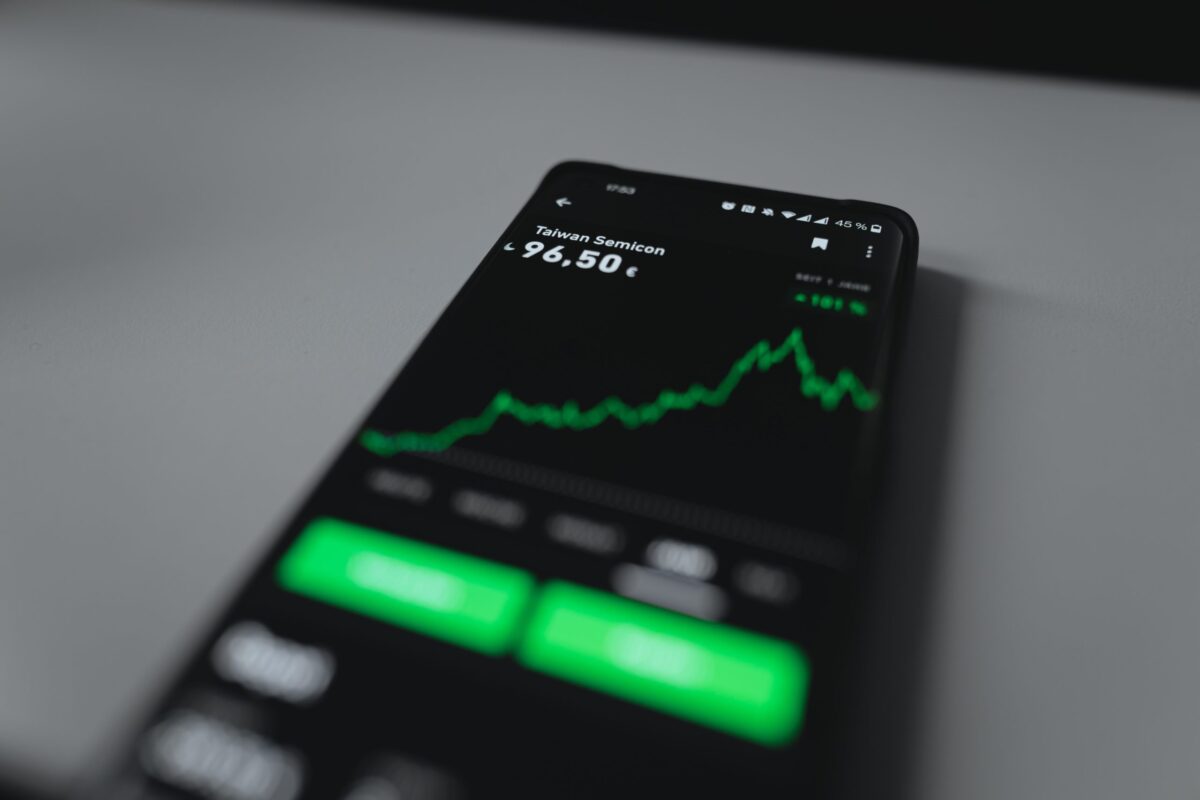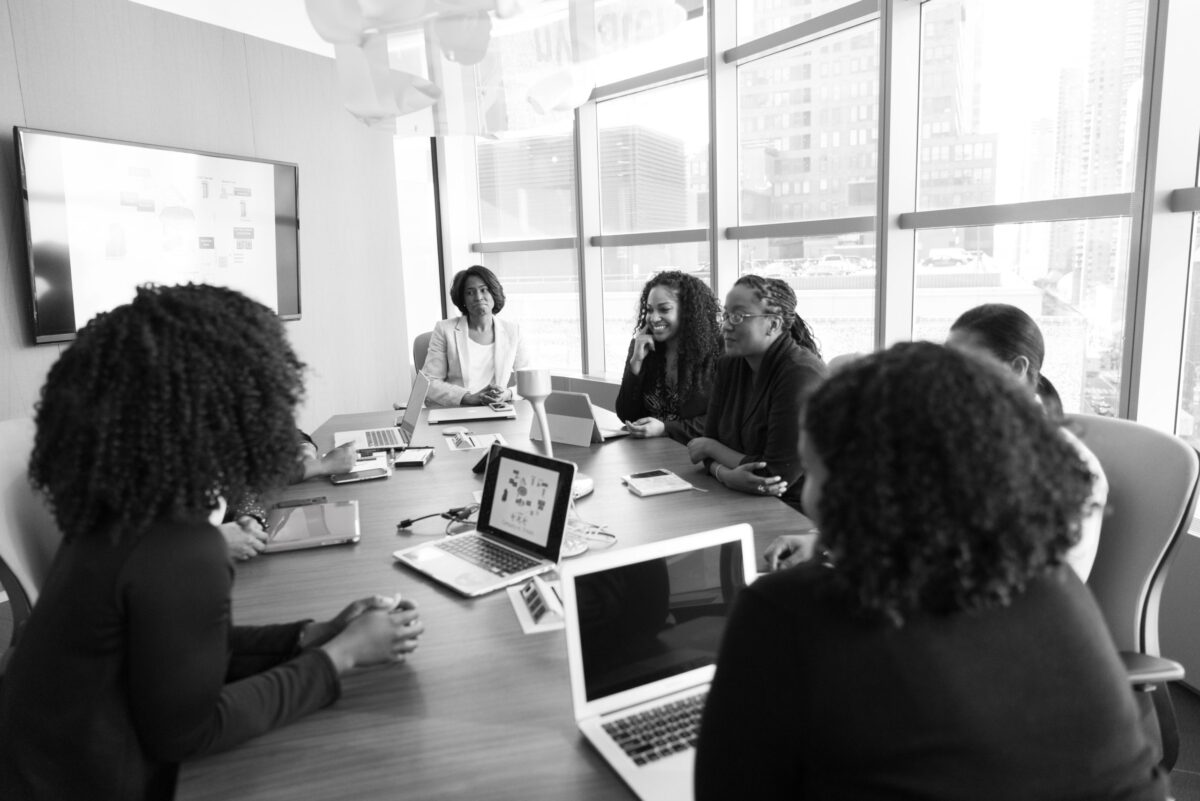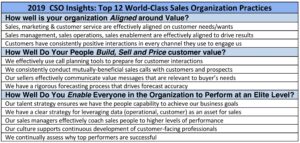
The Case of Starbucks
Starbucks learned the hard way that their own people can act based on fear, marginalizing an entire group of the human population. Starbucks found out that these actions can reflect negatively on an entire company that relies on everyone, not only a single group of people, for its image, reputation, and ultimately its profit!
Starbucks can’t survive a boycott by those offended. There’s a huge business message to be learned here—People vote with their money. And when a business marginalizes someone, that person will no longer vote in support. We admire Starbucks’s effort to take responsibility by starting a sensitivity program that addresses the issue at hand. But it’s still in their own best interest to do so.
These days, events of this nature can quickly go viral, and dramatically affect business. This startling reality has businesses thinking about their employees’ mindsets and how they represent the company. Hiring based on skills is no longer enough—someone’s mindset can turn business away!
Prejudice in Politics and Business
We’ve made a lot of progress since the Civil Rights Movement’s early days, but the behavior of our top elected officials has led many people to act on their deep-seated prejudices. These people feel that their actions are justified—that they have permission to marginalize others. They see powerful politicians ridiculing, dehumanizing, name-calling, and disrespecting entire groups of the population solely based on religion, race, or national origin—and some people follow this example.
ABC learned this lesson the hard way. After Roseanne Barr’s degrading tweet about Valerie Jarrett went far from unnoticed, ABC was forced to either cancel her program or face protest from advertisers who depend on sales to the whole market, not just one group.
This brings us to the double standard that exists in society today. Unfortunately, it’s “okay” for a politician to make remarks that marginalize people, but not businesses. Businesses are held to a much higher standard of respect, as far as the general public is concerned. It’ll take years for elected officials to be voted out. But Starbucks or ABC? You can vote them out tomorrow!
There’s Good News and Bad News
The bad news is—despite how far we’ve come, fear, prejudice, and stereotyping are all prevalent in our society, with some people going as far as to take action on their prejudices. Maybe they choose to follow news feeds that support their opinions. Maybe they want to take steps backward. Or maybe they truly believe that society is becoming more and more intolerant.
But, the good news is that most businesses have to serve the entire population. Unlike political figures, businesses can’t cater to a small base. Their advertisers, suppliers, and customers hold them accountable for each of their employees’ behavior. Now that we think about it, businesses that want to see everyone as a potential customer have become unintended defenders of civil liberties.
We say, “If you really want to change something, put a buck on it!” Oppressed groups, like LGBTQ+, Latinos, and African Americans, among many others, have become influential economic forces to be reckoned with. Employee sensitivity training may begin by addressing why we depend on one another, how our very existence stems from people of all backgrounds, and why our paychecks rely on each person’s patronage.
If we started thinking of everyone as a customer, maybe we would treat them with more respect. There’s no denying that minorities have financial clout. If one group is marginalized, another group may be next. Simply put—it’s bad business to allow prejudice into the market, period. Don’t ever bite the hand that feeds you!
For more, read on: http://c-suitenetworkadvisors.com/advisor/michael-houlihan-and-bonnie-harvey/




